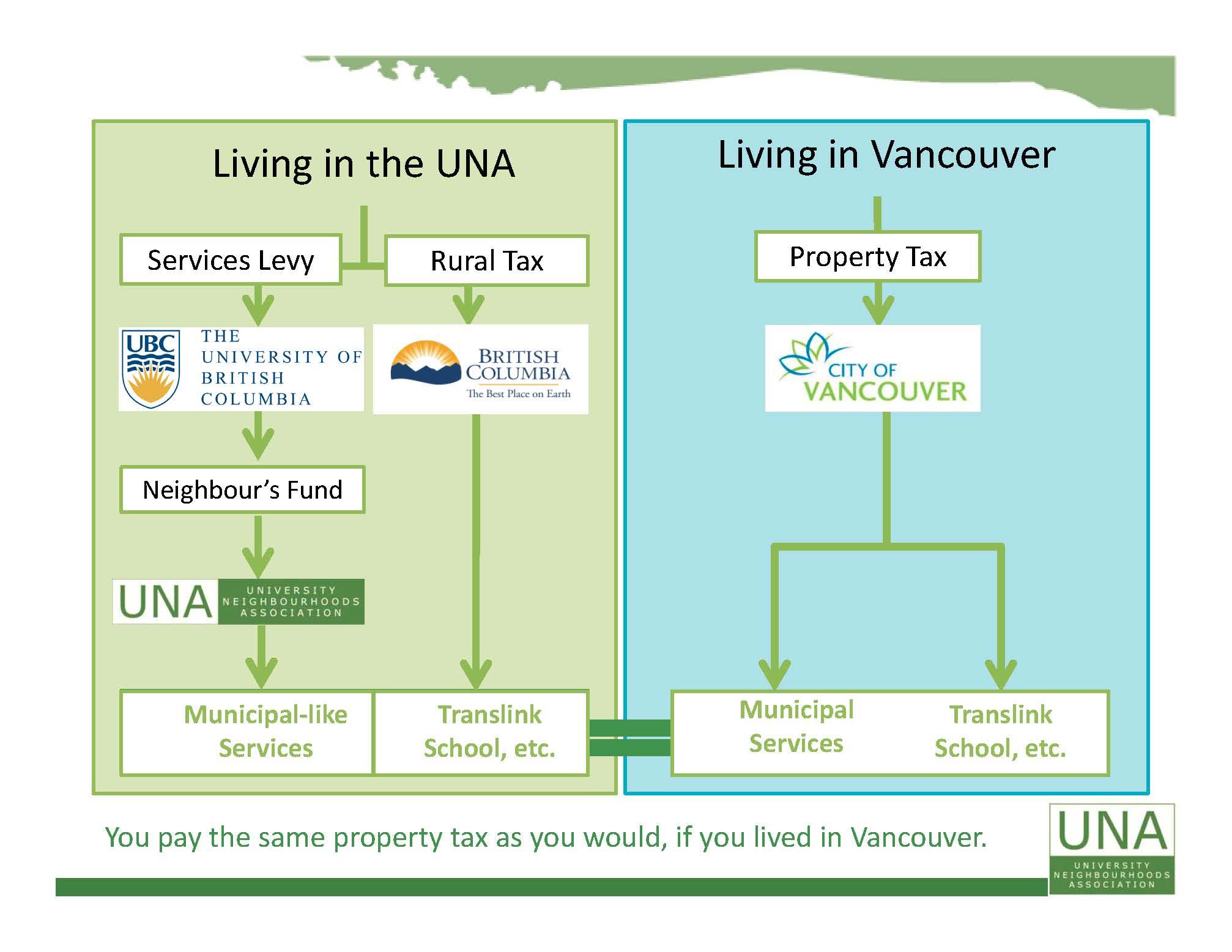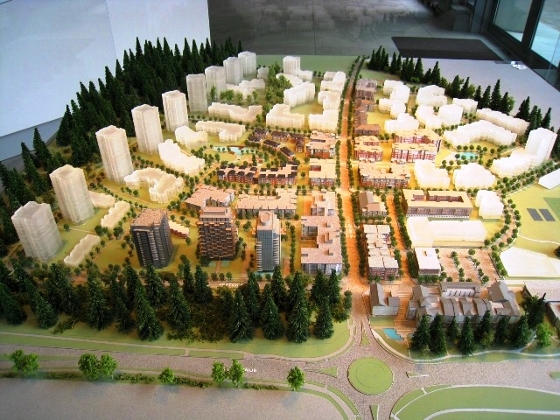Is UBC on leased land?
In 2019, 71% of detached houses, and 98% of attached Condos & Townhouses sold in UBC were Leasehold properties. What this means is that when a Buyer is looking to buy a UBC Home or invest in UBC Real Estate, he or she will mostly encounter a leasehold property.
As a UBC Realtor working in the UBC area for more than ten years, many buyers have asked me, "What is a leasehold?" I thought I would take this opportunity to explain the concept of "leasehold" in this blog.
Please note that this blog is for information only. Buyers are advised to obtain independent legal advice before buying a real estate property.
What is Title to Land?
In common law, title to land means "ownership" of land. Historically, one can prove he/she has title to land or ownership of land by producing documents or deeds. Nowadays, in BC, ownership of land is registered in the Land Title Office.
There are two main types of "ownership" of land: Leasehold and Freehold. We will delve deeper into each below.
Freehold
Freehold ownership is the most common type of ownership to land or real estate property in Canada. It is also what we ordinarily think of as ownership of real property. But what does freehold mean? According to the Real Estate Council of British Columbia's (RECBC) definition, freehold means, " ... The owner of the freehold interest has full use and control of the land and the buildings on it, subject to any rights of the Crown, local land-use bylaws, and any other restrictions in place at the time of purchase".
Confused? Don't worry, to put it in layman's term, freehold land or property simply means the owner has full use and control. Also, the owner could own the land or property for an unlimited period of time.
The two most important takeaway concepts about freehold are the idea of, full use and control and ownership for an unlimited period of time. Now let's look at the concept of leasehold and see how leasehold is different from freehold.
Leasehold
What are leaseholds? And what does leasehold mean? According to the Real Estate Council of British Columbia's (RECBC) Leasehold definition, leasehold means "... the right to use a residential property for a long, but limited, period of time. The owner of this right of use has a type of ownership called a leasehold interest."
In the simplest term, the Leasehold title property means the owner DOES NOT have full use and control, and ownership is for a LIMITED period of time.
What does it mean when the leasehold property owner does not have full use and control of the land?
The use of a leasehold property is generally spelled out in a document called the Head Lease or Ground Lease. The Ground Lease documents set out the terms and conditions for the use of the land between the lessor (owner of the land) and lessee (user of the land). One good example is that the lessee (person who owns the right to the use of the land) cannot build a building on the leasehold land without prior approval from the lessor (owner of the land).
If you like a sample copy of UBC Ground Lease, please contact me.
How long is the lease period?
Leasehold interests are usually set for 99 years. All of the UBC Condos and Townhouses are set for 99 years. Some leasehold interests have a shorter time period. For example, many False Creek Leasehold properties in Vancouver have a lease period of 64 years.
What is a Strata property or Strata Apartment or Townhouse?
BC had strata legislation since 1966. On July 1, 2000, the Strata Property Act replaced the former Condominium Act. A strata development is a way of subdividing land and buildings into parts for separate ownership with common features. In a strata development, individuals can own separate parts of the same development, but share common areas and related expenses. The part of the property that an individual owns is called the "strata lot." Informally, we often call this part of the strata a "unit." The remainder of the property is called the "common property."
Types of Leasehold
There are many different types of leasehold real estate. We'll be looking at the various types of leasehold real estate in detail.
- Leasehold Prepaid - Non-Strata
This is non-strata, property, meaning the ownership of the property or land is not divided. The property sits on Leasehold land, and the use of land has been prepaid. Because the lease (use of the land) has been prepaid, the sale price is higher than the non-prepaid leasehold. An excellent example of this leasehold prepaid non-strata is 4114 Yuculta Crescent, Vancouver. It is a house with a prepaid lease until 2073.
- Leasehold Not Prepaid - Non-Strata
This is non-strata property, meaning the ownership of the property or land has not been divided. The property sits on a Leasehold land, and the use of land has not been prepaid. An example of this Leasehold prepaid non-strata is 10 Sennok Crescent, Vancouver.
- Leasehold Prepaid-Strata
This is a strata property where the lease has been prepaid. A good example of this is 307-5835 Hampton Place, Vancouver. This condo in UBC has a lease period of 99 years. It is a property with a prepaid lease until 2073. All the UBC leasehold condos and townhouses are prepaid and have 99 years lease period.
- Leasehold Not Prepaid-Strata
This is a strata property where the lease has not been prepaid. An example of this is 47-1425 Lamey's Mill Road, Vancouver. The monthly lease is $770.61/month until 2040.
- First nations lease
If the leasehold is on First Nation's Land, we often call it a First Nation Lease or First Name Leasehold. In the examples above, 4114 Yuculta Crescent, Vancouver, and 10 Sennok Crescent, Vancouver, are both on the Musqueam Band Reserve Land. There's a whole set of laws in BC and Canada that deals with First Nation's Land. Banks in Canada typically requires at least 50% down payment from the buyer for the purchase of a First Nations Leasehold property.
TYPES OF DWELLING
There are many types of dwelling a buyer may encounter when searching for a real estate in Vancouver. A residential dwelling can be broadly divided into two categories: detached or attached.
Detached House or Single Family home is a type of dwelling where there are no shared walls with any other residential property. The detached house has its front, rear, and side yards. The detached house is the most expensive type of dwelling in Vancouver.
Attached dwelling generally refers to a property with a common wall attached to another property. Townhouses and Apartments (or commonly referred to condos) are examples of the attached dwelling.
Thus, when you hear people talk about a "leasehold condo" or "leasehold property," it means the title to the condo or property is in the form of leasehold, and the dwelling type is a condo.
Is leasehold property common in BC?
Leasehold property is a very common type of real estate in British Columbia and Vancouver. Lessor (person or entity owning the land) can be a government entity (e.g., City of Vancouver), education institution (e.g., UBC and SFU), or private corporation.
Many condos in the Vancouver False Creek area are leasehold properties. As well, there are quite a few leasehold properties in the Vancouver West End area. Both 1251 Cardero Street and 1850 Comox Street are leasehold condos.
Why most condos & townhouses in UBC are leaseholds?
The reason that many condos & townhouses in UBC are leaseholds is that when the University of British Columbia was established in 1908, the Provincial Government stipulated that UBC cannot sell the land that was given to them.
In 1988, UBC Properties Trust was established to develop and bring out the untapped potential of its real estate holdings. Using the leasehold development model, UBC Properties Trust was able to circumvent the law that prohibits the university from selling free title to the land. Since 1988, UBC Properties Trust has generated over $1.6 billion in revenue to the UBC Endowment Fund.
Why do all UBC leasehold properties have a 99 years lease period?
The idea of the 99-year term was only an arbitrary period beyond the life expectancy of any possible lessee or lessor.
What happens to the UBC lease after 99 years?
At the end of the 99-year term, the lessee will have to surrender the Strata lot to the lessor unless the lease is renewed.
What will happen to the value of the leasehold property when I want to sell it ten years later?
It is generally hard to predict the future value of real estate prices. I generally tell my clients that leasehold property usually depreciate in value when there are less than 25 years left on the lease term. The reason is that banks do not want to lend money to a buyer buying a leasehold property when the term of the lease is less than the term of the mortgage.
The first leasehold property was built in 1992, and this means it has 71 years left on the lease. If a buyer bought the condo that was built in 1992, and owns the condo for ten years, by the time he or she sells the condo, the condo will have 61 years of lease remaining. The value of the leasehold property will be on par with a freehold property of the same age, size, and condition.
In my experience, UBC leasehold properties maintain excellent value because of the superb location in Greater Vancouver.
What is a leasehold property?
A leasehold property is any type of dwelling property built on leasehold land.
Is leasehold property easy to sell?
The sale of any real estate is contingent on the price, condition, location, supply, and demand. Thus, any of the above factors will affect the saleability of real estate. If a leasehold property is not priced well and not in good condition, it will take longer to sell.
What is the resale value of a leasehold property vs. freehold property?
As mentioned earlier, real estate is contingent on the price, condition, location, supply, and demand. The resale value of a leasehold property will start to decline when the lease term remaining is less than the term of a mortgage (usually 25 years).
Freehold vs. Leasehold
It is hard to say which one is better. When I work with a buyer looking to buy a property in UBC, I usually advise them to find a property that best suits their needs. Some buyers I have worked with could never get over the emotional hurdle of owning a leasehold property. In that case, I tell them a freehold property suits them best.
On the other hand, I have worked with buyers who value location more than leasehold properties. These are buyers who are suitable to buy leasehold properties.
Do I still need to pay property tax for a UBC Leasehold property?
UBC leasehold property owner is still required to pay property tax. The property tax in UBC is different than that of the City of Vancouver.
Leasehold properties in UBC do not pay Vancouver property tax. UBC property owners only pay UBC Servies Levy and Rural Tax.
If I want to buy a UBC Leasehold property, can I get a mortgage from the bank?
From the bank's perspective, UBC leasehold is generally considered as solid as a freehold property. Buyers can apply for the first mortgage from major banks such as RBC, Bank of Montreal, and TD Bank. Leasehold property value starts to depreciate when the term of the lease is less than the term of the mortgage. The average mortgage term is 25 years amortization period.
I have worked with many buyers and helped them obtain mortgages for buying a home in UBC. If you need any help getting mortgage finance, we have a team of mortgage brokers who can help you.









